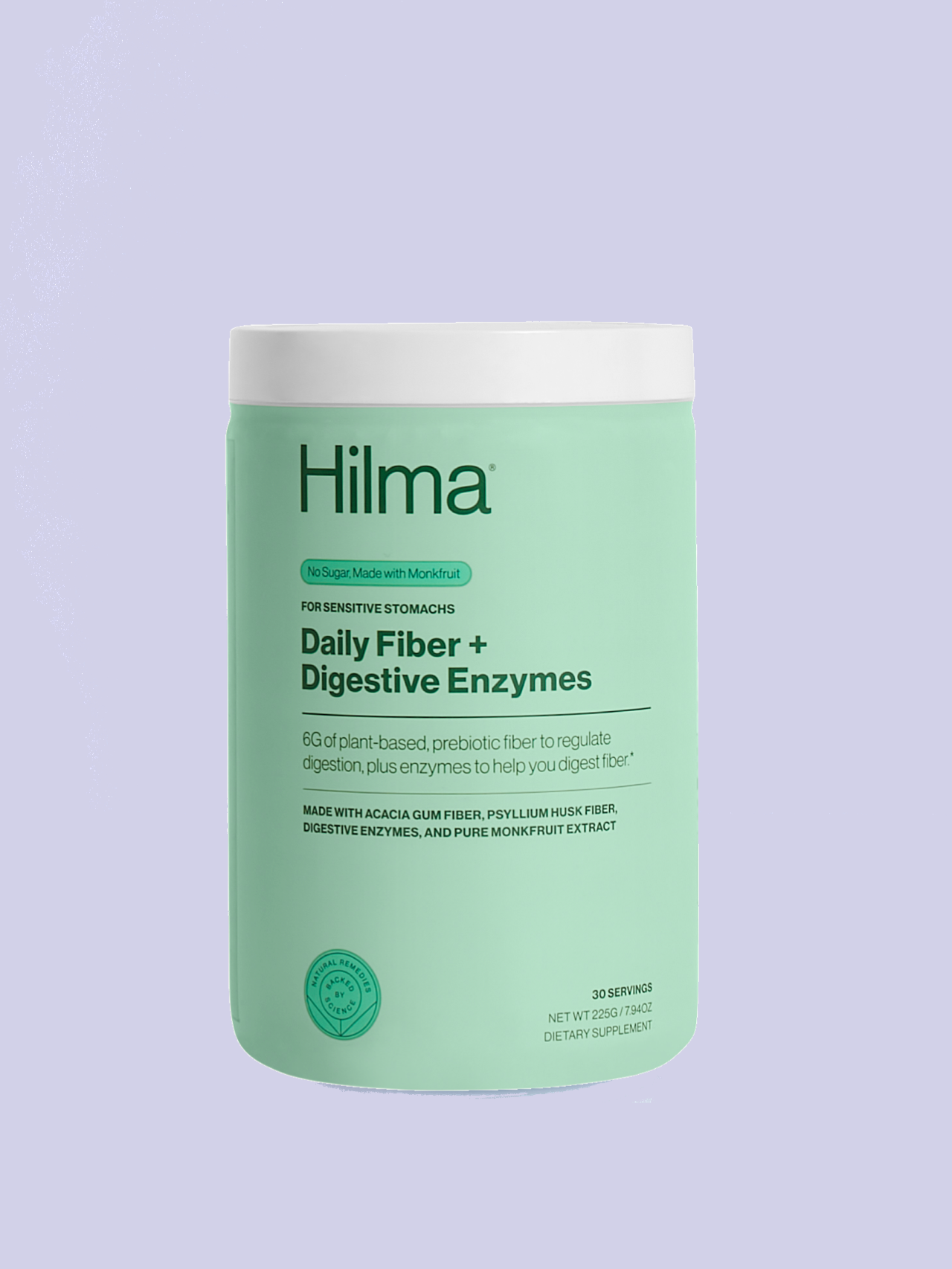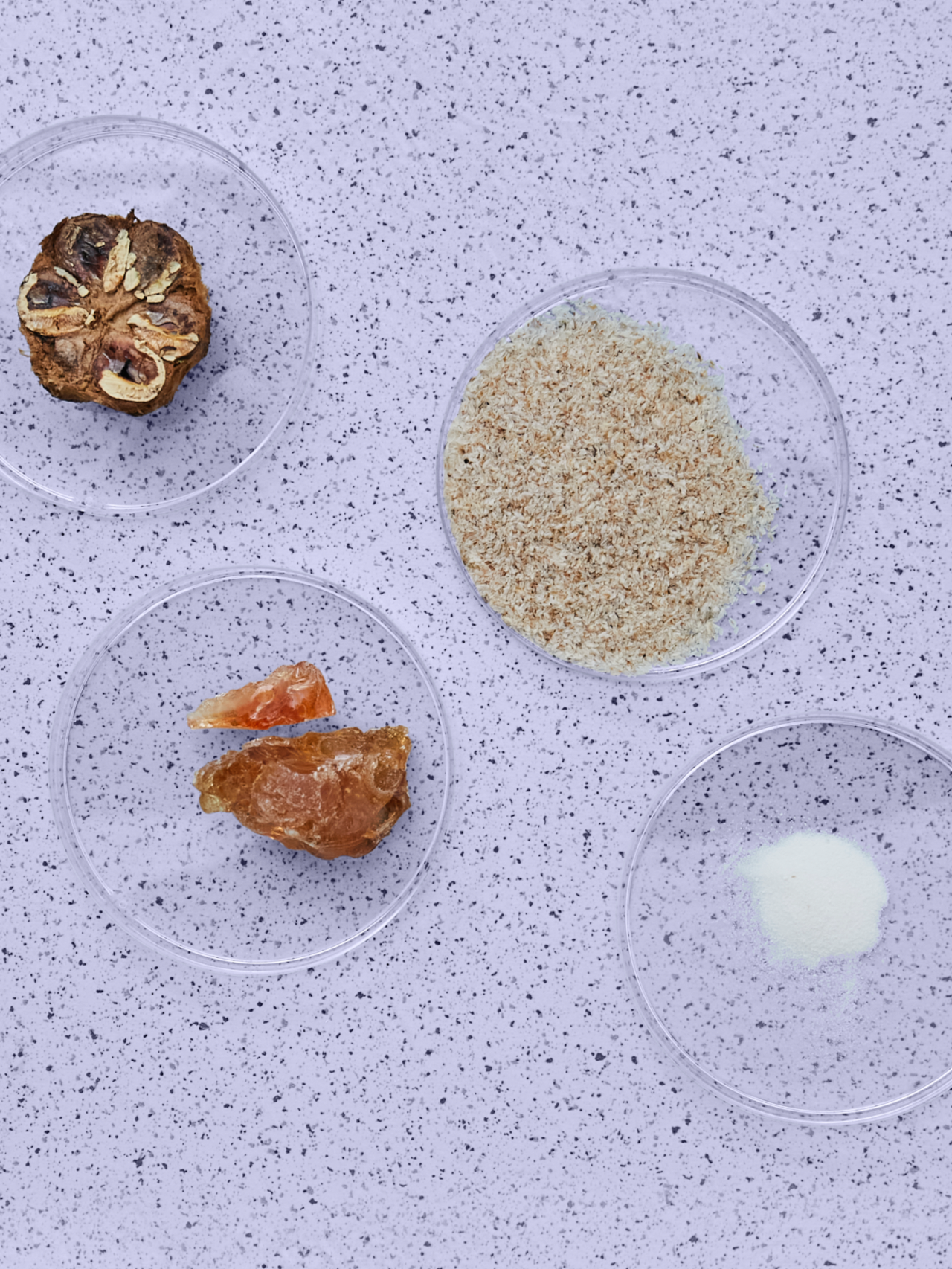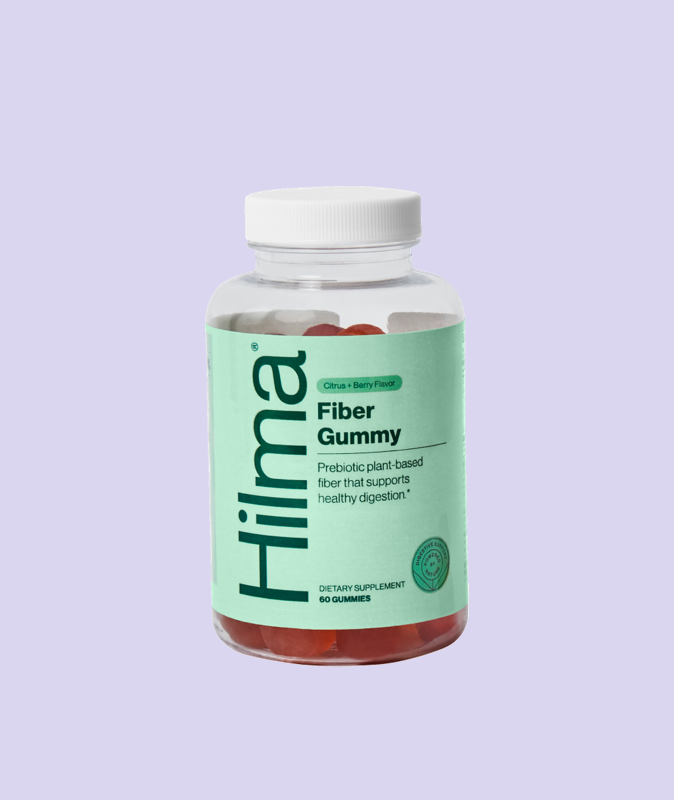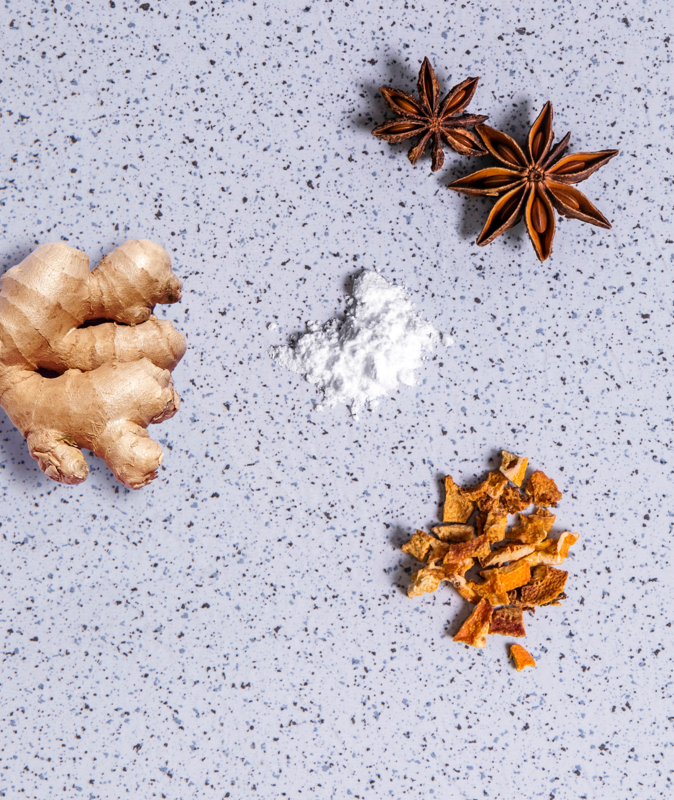
We spoke with our friend Isabelle Koritsas of Good Gut Feelings to learn more about her holistic approach to gut health and IBS. Check out her tips below!
Hi Isabelle! Can you tell us a little bit about yourself and your IBS journey?
Hey Hilma! I am a holistic health coach - I focus primarily on gut health and the ways we can support and heal our IBS through lifestyle. I was diagnosed with IBS at around 18, but have had stomach issues for as long as I can remember. It got really bad over the course of 4 years in college as my lifestyle and diet didn’t really do wonders for my already sensitive gut (vodka sodas washed down by dining hall food, etc - you know the drill). I finally saw a gastro and then a functional medicine doctor when my symptoms got too bad to bear, and was diagnosed with SIBO. I treated it holistically with a functional medicine doctor and some major lifestyle changes and now focus on helping others manage and health their IBS long term!
What are your top IBS-friendly tips for treating a stomach hangover or a dehydrated gut?
Take! It! Easy! Stomach hangovers, dehydration, and all of the things that can result in an irritated gut are always best treated with a little slowness, love, and care. This comes physically in the form of rest and hydrating - making sure you’re getting in those extra electrolytes, minerals, and vitamins to replenish anything you may have lost in becoming dehydrated. Keeping your body calm and rested allows you to heal from inside out and accelerate the process of feeling well again.
Are there any IBS natural remedies you always have in your medicine cabinet?
I love to use activated charcoal when needed (if I am super gassy and my stomach feels hard/bloated) to help the detoxification process move along - activated charcoal helps trap and remove gas. And then for prevention, I love to keep digestive enzymes handy. They’re a great way to assist digestion before anything gets too bad!
Best herbs to try for rebalancing and soothing the gut?
Peppermint and ginger are my top two. Peppermint has been studied a lot in terms of IBS symptom management as it greatly helps out with pain reduction, and ginger helps support our digestion and motility. You can buy peppermint capsules but I go for peppermint and ginger teas!
What’s your personal go-to routine when your stomach is feeling out of whack?
The first thing I do is go way back to basics. I strip down all of my food to a relatively low residue diet for my stomach to take a breather - so meat, eggs, rice, broth, tea, simple things like that. I pull way back on caffeine, build some rest into my schedule, and usually whip out the heating pad. Heat is a fantastic way to help stomach symptoms. Last but not least, Stomach Recover + Hydrate with a cup of peppermint tea :) Once my symptoms are relatively under control I’ll focus on replenishing with Hilma Stomach Recover, electrolytes, trace minerals, and tons of water.
Why is it important to keep your gut hydrated for maintaining overall gut health + IBS balance?
Hydration is absolutely key for overall health as well as gut health! Staying hydrated helps support motility and whole body processes like detoxing and elimination. I tell my clients to aim for 3L a day if you can, but sometimes that isn’t always easy - so supplements to help promote hydration like Stomach Reset make that goal of replenishing and rehydrating our bodies a little easier to reach.
What are some common IBS triggers to look out for?
Stress is #1 - and the least talked about trigger. Easier said than done since a lot of the time we can’t predict stress, but building in stress management and self care practices into your every day routine is crucial. Other common triggers are high FODMAP foods - like apples, cauliflower, cashews, onion, garlic, and wheat.
What advice would you give to someone who has recently been diagnosed with IBS or thinks that they might have IBS?
Take care of yourself, your energy, and your mind as much as you can. A lot of it feels out of your control sometimes, but stress and mindset is 50% of IBS. Gut directed hypnotherapy is making huge strides in terms of symptoms management, and there are a couple cool apps out there that make it an accessible practice. Diet is the other 50% - the low FODMAP diet is a great tool to research. I am all about having tools in your IBS toolkit - something I’m constantly talking about on Instagram and with my clients. Hilma is a great one of those tools for when symptoms hit to help make things feel better!
Note: This information is for educational purposes only, and should not be taken as medical advice. Please consult your physician before treating any disorder.





